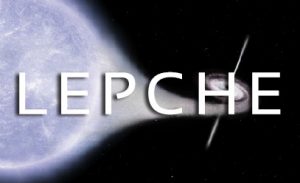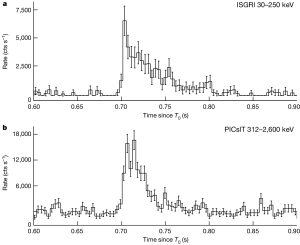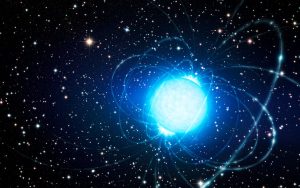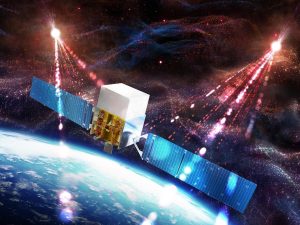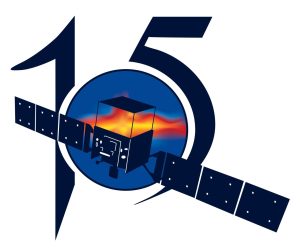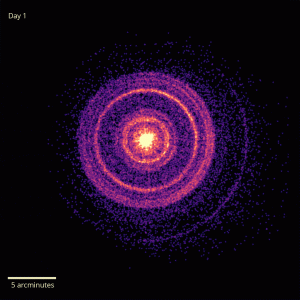The scientific objective of the High Energy Cosmic Phenomena team is the discovery, characterization, classification, and understanding – from the perspective of fundamental physics – of the most energetic and violent astrophysical phenomena. These sources are usually revealed by their radiations in the high-energy domain (X-rays and γ-rays).
Main activities
The main questions addressed involve the phenomenology of sources and families composing the “Violent Universe,” the mechanisms at work in various types of transient sources, the physics and abundances of elements in supernova remnants (SNR), as well as the physics of shocks and the acceleration of particles and cosmic rays (CR).
- Transient astrophysical events, such as eruptions and bursts in X-ray binaries, magnetars, and AGNs, gamma-ray bursts (GRBs), or fast radio bursts (FRBs), are unpredictable and require specific techniques/strategies for study. Key scientific questions concern the origin (nature) of the emitting sources, the fundamental physics driving these violent and brief outbursts (photons and sometimes other messengers), and the links between accretion and ejection processes.
- SNRs are among the prime sites for the acceleration of galactic CRs, allowing particles to be accelerated by the diffusive shock acceleration mechanism. Key scientific questions include the characteristics of SNR shocks, CR acceleration mechanisms, magnetic field dependence, and feedback on the interstellar medium (ISM). X-rays and gamma rays allow us to map acceleration sites in detail, probe the properties of thermal and non-thermal electron plasmas, and help constrain the magnetic field responsible for acceleration processes and/or accelerated protons.
Permanent members
BALLET Jean, BELMONT Renaud, BONNET BIDAUD Jean-Marc, CHATY Sylvain, CORBEL Stéphane, DECOURCHELLE Anne, GOTZ Diego, KOSACK Karl, LAURENT Philippe, RODRIGUEZ-VACHOUX Jérôme, STOLARCZYK Thierry, TURPIN Damien


